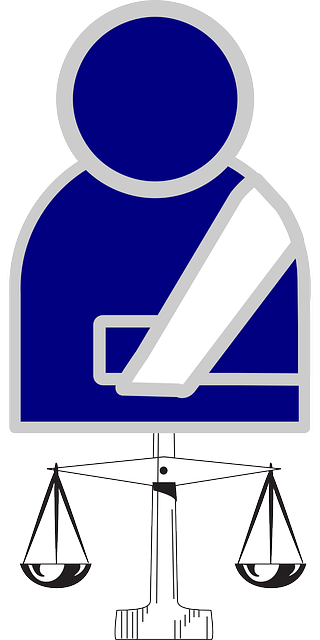To determine if you need to replace your psychological injury lawyer, assess their communication, responsiveness, and adaptability, ensuring they align with your case's unique needs and desired outcomes. Look for signs of disinterest or lack of commitment, and consider finding a specialist who understands evolving legal needs in areas like real estate litigation or compensation claims. Regularly evaluate if your current lawyer keeps up with your recovery progress and goal changes, prioritizing effective communication and transparency.
Knowing when to replace your psychological injury lawyer is crucial for securing the best outcome for your case. This article guides you through assessing whether a change is necessary, focusing on key indicators like mismatches between your needs and the lawyer’s abilities, performance and communication issues, and lack of legal progress or unfavorable outcomes. By recognizing these red flags, you can make an informed decision to seek new representation when it matters most.
- Assessing the Need for a Change: When Client Needs and Lawyer Abilities Mismatch
- – Recognizing signs that current lawyer may no longer be best suited for your case
- – Evaluating changes in your legal needs and goals
Assessing the Need for a Change: When Client Needs and Lawyer Abilities Mismatch

Assessing whether it’s time to replace your psychological injury lawyer involves understanding when client needs and legal abilities simply don’t align. Every client has unique circumstances and expectations, but if you find yourself consistently dissatisfied or experiencing a lack of progress in your case, it may signal a mismatch. Look for signs such as limited communication, a lack of responsiveness to your concerns, or an inability to adapt their approach to your specific needs—especially since psychological injury cases often require nuanced handling.
Consider whether your lawyer is actively pursuing strategies that align with your desired outcome. If you’ve expressed a preference for a more collaborative approach, but your attorney prioritizes aggressive litigation, this discrepancy could hinder your case’s effectiveness. Similarly, if you’re seeking a swift resolution due to personal or professional constraints, an attorney focused on lengthy court battles might not be the best fit. It’s crucial to ensure that both parties are aligned and working towards common goals in order to achieve the best possible outcome in a psychological injury case—whether that involves negotiating a settlement, navigating complex legal procedures, or advocating for your rights in court, like in business litigation, medical malpractice, or accident-related cases.
– Recognizing signs that current lawyer may no longer be best suited for your case

If you’ve been working with a psychological injury lawyer for your case and start to notice certain signs, it might be time to consider a change. One crucial indicator is a lack of communication or responsiveness from your attorney. Effective legal representation requires regular updates and clear lines of communication, so if you’re constantly left in the dark, this could suggest that they are no longer fully invested in your case.
Another red flag is if your lawyer seems disinterested or uninterested in discussing key aspects of your psychological injury claim. They should be actively pursuing strategies to maximize your compensation, whether it’s through settlement negotiations or litigation. If you feel like your case is not being given the necessary attention or that they are more focused on other matters, it might be wise to seek another accident lawyer specializing in product liability or partnership disputes, depending on the specific nature of your psychological injury.
– Evaluating changes in your legal needs and goals

As time goes on, your legal needs and goals may evolve, which is a crucial factor in determining whether it’s time to replace your psychological injury lawyer. Initially, hiring a specialist for psychological injuries was likely a thoughtful decision, especially after traumatic events like truck accidents or personal harm. However, as your recovery progresses and you start to set new objectives, such as real estate litigation or pursuing further compensation, your legal strategy might require adjustments.
Regularly assess whether your current lawyer is aligned with these shifting priorities. Effective communication and transparency are essential; if you feel your lawyer isn’t keeping up with your changing needs or isn’t proactive in addressing them, it could be a sign that it’s time to consider alternative representation.
Knowing when to replace your psychological injury lawyer is crucial for ensuring the best outcome for your case. If you’ve recognized signs of a mismatch between your client needs and the lawyer’s abilities, or if your legal needs and goals have evolved, it may be time for a change. Trust your instincts and don’t hesitate to seek representation that aligns with your unique requirements, ultimately fostering a stronger case and a more favorable resolution.






